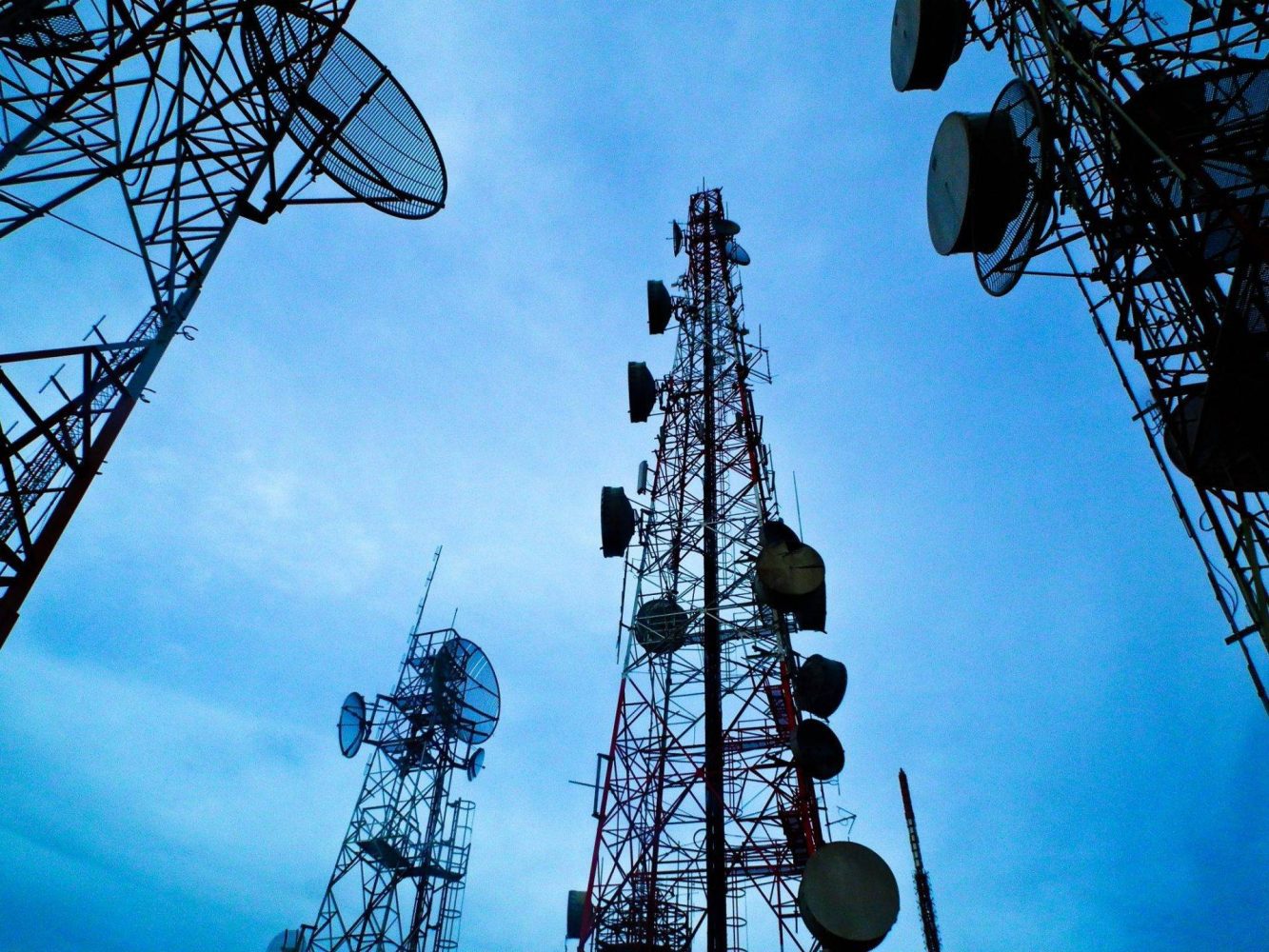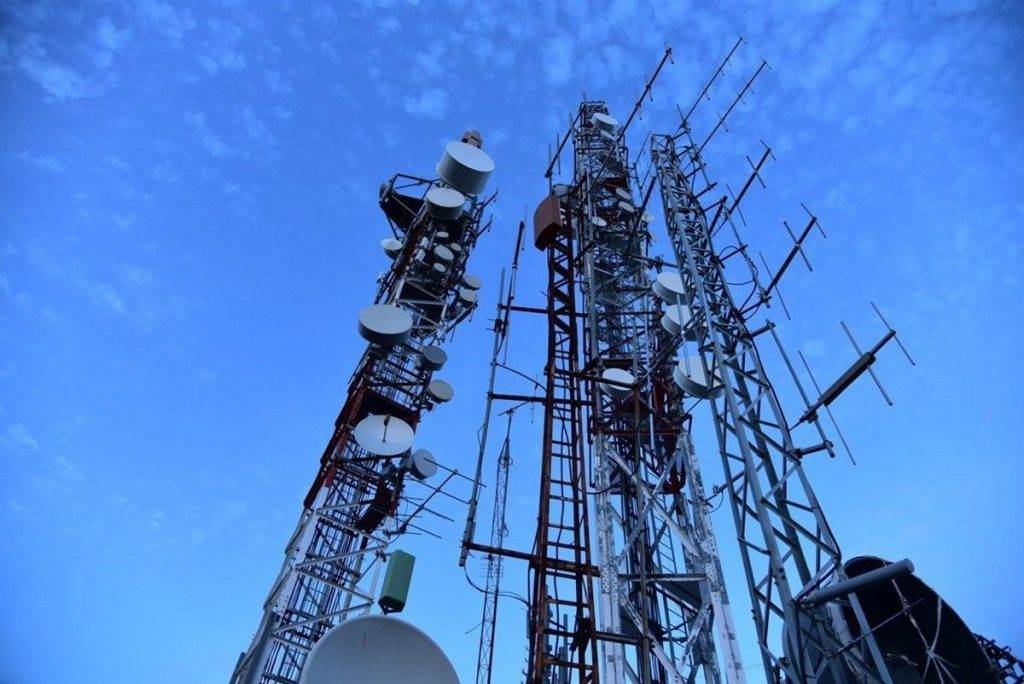Mozambique Makes Tangible Strides To Achieve Universal Telecom Access: 85 Per Cent Of Population Now Covered

According to Pedro Ingles, Mozambique’s Permanent Secretary in the Ministry of Transport and Communications, the proportion of the Mozambican population reached by telecommunication services has expanded from 65 percent in 2014 to 85 percent today.
While speaking during the opening session of the third National Telecommunications Conference, Ingles said telecommunications had reached 86 percent of the country’s administrative posts and 60 percent of its localities by the end of the first half of this year.
Speaking during the two-day event which was themed ‘Telecommunications in Mozambique, Readiness for the Fourth Industrial Revolution’, the Permanent Secretary noted that the telecoms access rate surpassed the targets set by the government.
“The country and the world are undergoing a revolution in telecommunications. Productive processes and trade are intimately dependent on the evolution of communication technologies, which poses an enormous challenge for the providers and regulators of this service, ” he said.

The government of Mozambique has been committed to expanding the telecom sector as it has continuously injected capital to the sector through the Universal Access Fund (FSAU), a fund which was created to finance telecommunication programs and projects to ensure universal access to telecommunication services.
Ingles reiterated the government’s support as the communications sector continues to expand the 4G services to ensure 100 percent of the population is reached. Ingles revealed that the government also has plans to soon implement the 5G services in capitals.
Other than expanding the communications network, the country has made significant strides in implementing projects to improve and ease access to information and communication. One notable program was the analog to digital migration which is expected to be completed by the end of this year.
The supply of digital decoders is currently ongoing and as per now, the country has a total of 200,000 of which 20,000 have been distributed. The government expects 400,000 devices to be available by December.
Featured Image Courtesy: neweralive.na